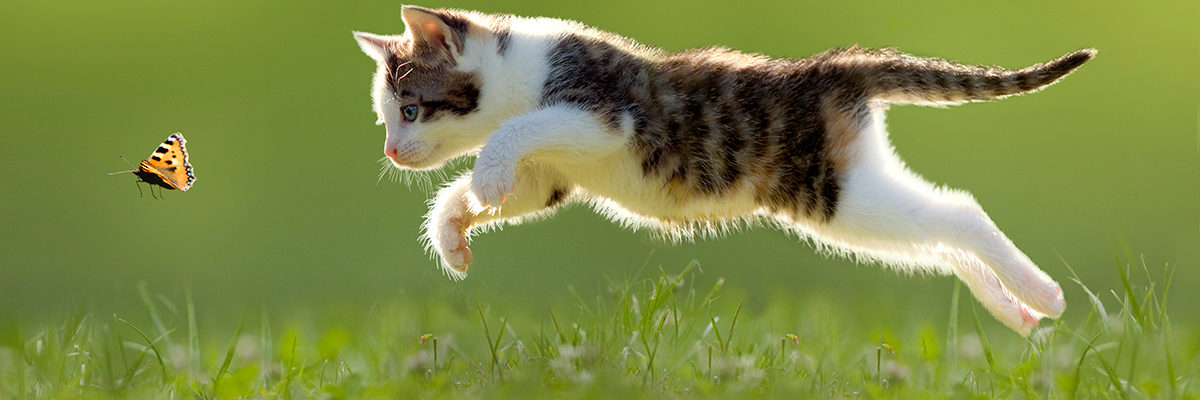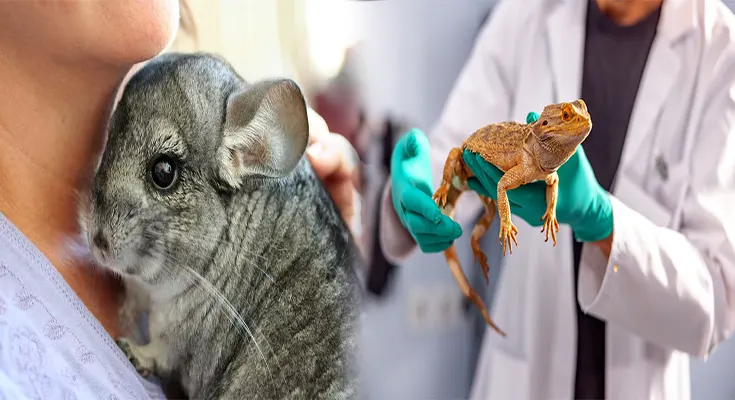
What are business setup in Dubai costs?
Key Takeaways:
- Business setup in Dubai costs are highly variable, influenced by jurisdiction (mainland vs. free zone), business activity, and chosen office space.
- Licensing fees are a primary expense and vary significantly based on the type of license and number of activities.
- Office space, whether physical or virtual, is a mandatory cost component.
- Visa costs for owners and employees are a significant consideration, especially for multiple staff.
- Ongoing expenses like renewals, accounting, and compliance should be factored into your long-term budget.
Dubai is renowned as a global business hub, attracting entrepreneurs and companies with its strategic location, tax benefits, and progressive economic environment. While the opportunities are vast, a common question for anyone looking to establish a presence is: “What are Business setup in Dubai costs?” The answer is not straightforward, as expenses can vary widely depending on several factors. This article will break down the typical costs involved, helping you budget effectively for your venture.
Factors Influencing Business setup in Dubai Costs
The overall expense of Business setup in Dubai is influenced by several critical decisions you make at the outset. Understanding these factors is key to getting an accurate estimate.
Firstly, your choice of jurisdiction plays a major …
What are business setup in Dubai costs? Read More




